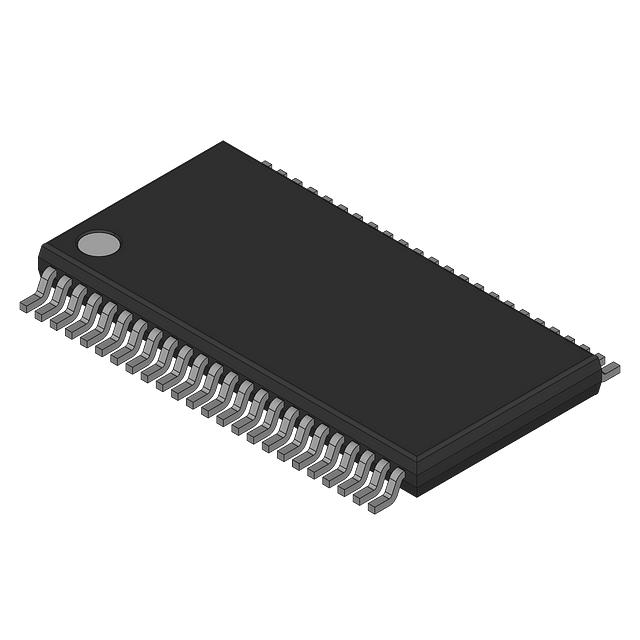74LVT162374DGG,118
Manufacturer No:
74LVT162374DGG,118
Manufacturer:
Description:
IC FF D-TYPE DUAL 8BIT 48TSSOP
Datasheet:
Delivery:





Payment:




In Stock : 2575
Please send RFQ , we will respond immediately.









74LVT162374DGG,118 Specifications
-
TypeParameter
-
Package / Case48-TFSOP (0.240", 6.10mm Width)
-
Supplier Device Package48-TSSOP
-
Mounting TypeSurface Mount
-
Operating Temperature-40°C ~ 85°C (TA)
-
Input Capacitance3 pF
-
Current - Quiescent (Iq)120 µA
-
Voltage - Supply2.7V ~ 3.6V
-
Current - Output High, Low12mA, 12mA
-
Trigger TypePositive Edge
-
Max Propagation Delay @ V, Max CL5.3ns @ 3.3V, 50pF
-
Clock Frequency150 MHz
-
Number of Bits per Element8
-
Number of Elements2
-
Output TypeTri-State, Non-Inverted
-
TypeD-Type
-
FunctionStandard
-
PackagingBulk
-
Product StatusActive
-
Series74LVT
The 74LVT162374DGG,118 is a specific integrated circuit chip, commonly known as a flip-flop or latch. While I don't have access to the specific datasheet for this chip, I can provide you with some general information about flip-flops and their applications.Advantages of flip-flop chips like the 74LVT162374DGG,118 include:1. Memory storage: Flip-flops can store binary information, making them useful for temporary data storage in digital systems.2. Simplicity: Flip-flops are relatively simple to use and understand, making them popular in digital logic design.3. Speed: Flip-flops can operate at high speeds, allowing for efficient data transfer and processing.4. Noise immunity: Flip-flops are designed to be resistant to noise and interference, ensuring reliable operation in noisy environments.Application scenarios for flip-flop chips like the 74LVT162374DGG,118 can include:1. Register storage: Flip-flops are commonly used in registers to store data temporarily during processing.2. State machines: Flip-flops are essential components in designing state machines, which are used in various applications such as control systems, digital clocks, and communication protocols.3. Data synchronization: Flip-flops can be used to synchronize data between different parts of a digital system, ensuring that data is transferred correctly and at the right time.4. Memory elements: Flip-flops are building blocks for constructing various types of memory elements, such as shift registers and counters.Remember, the specific application scenarios and advantages of the 74LVT162374DGG,118 chip may vary depending on its features and specifications. It's always best to consult the datasheet or manufacturer's documentation for detailed information about a specific chip.
74LVT162374DGG,118 Relevant information







